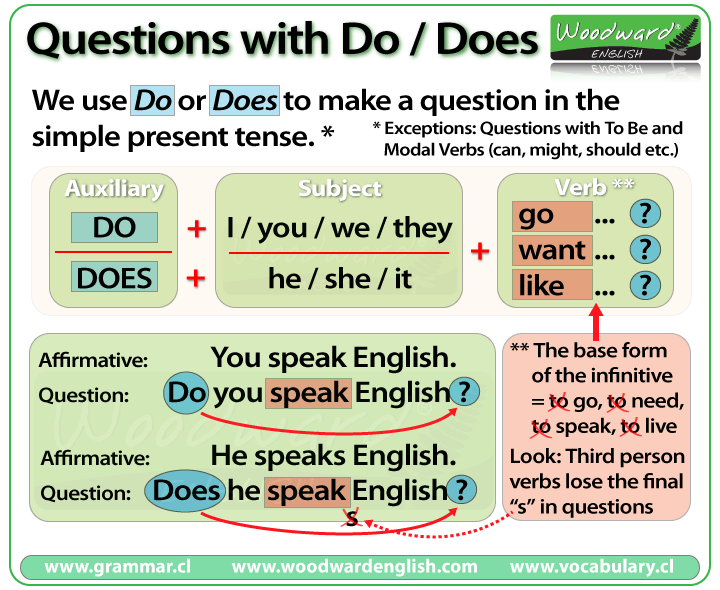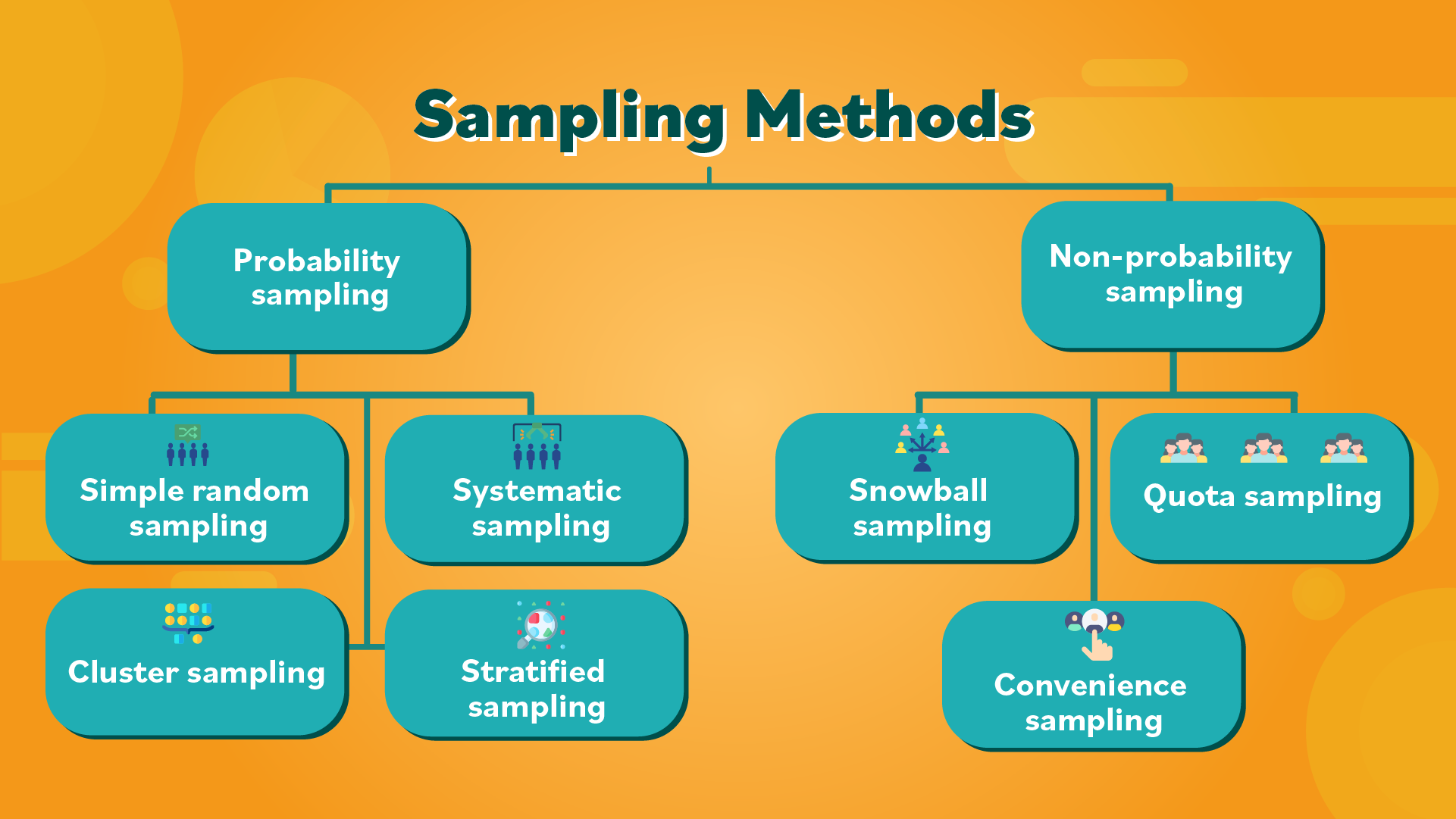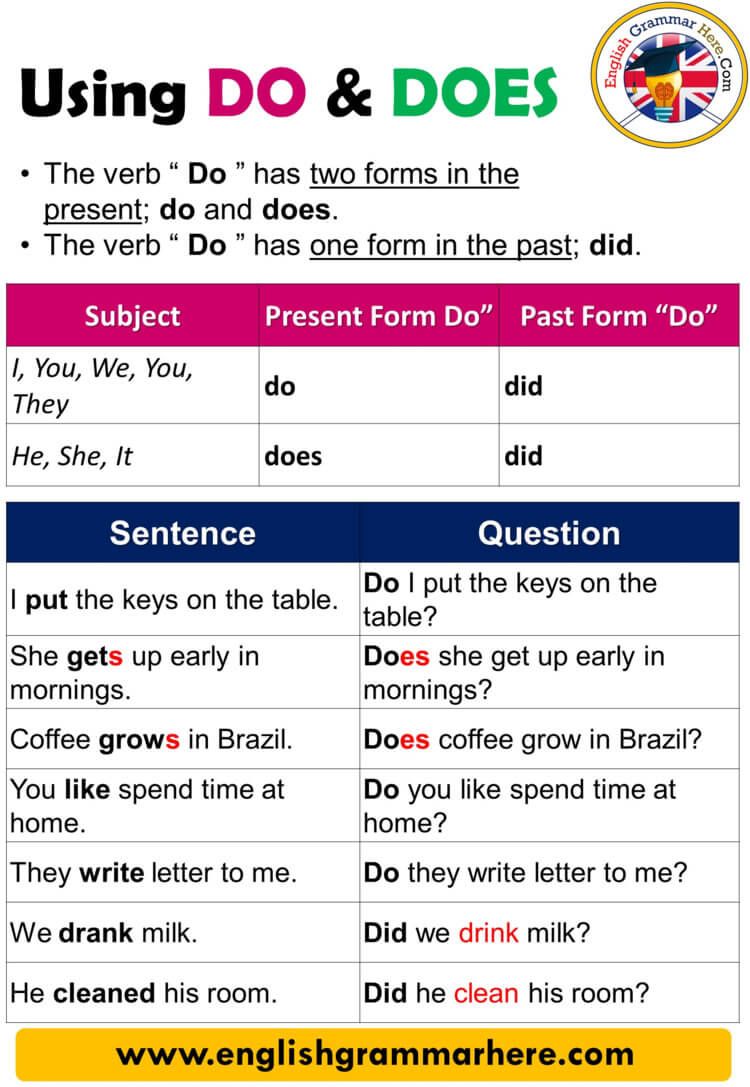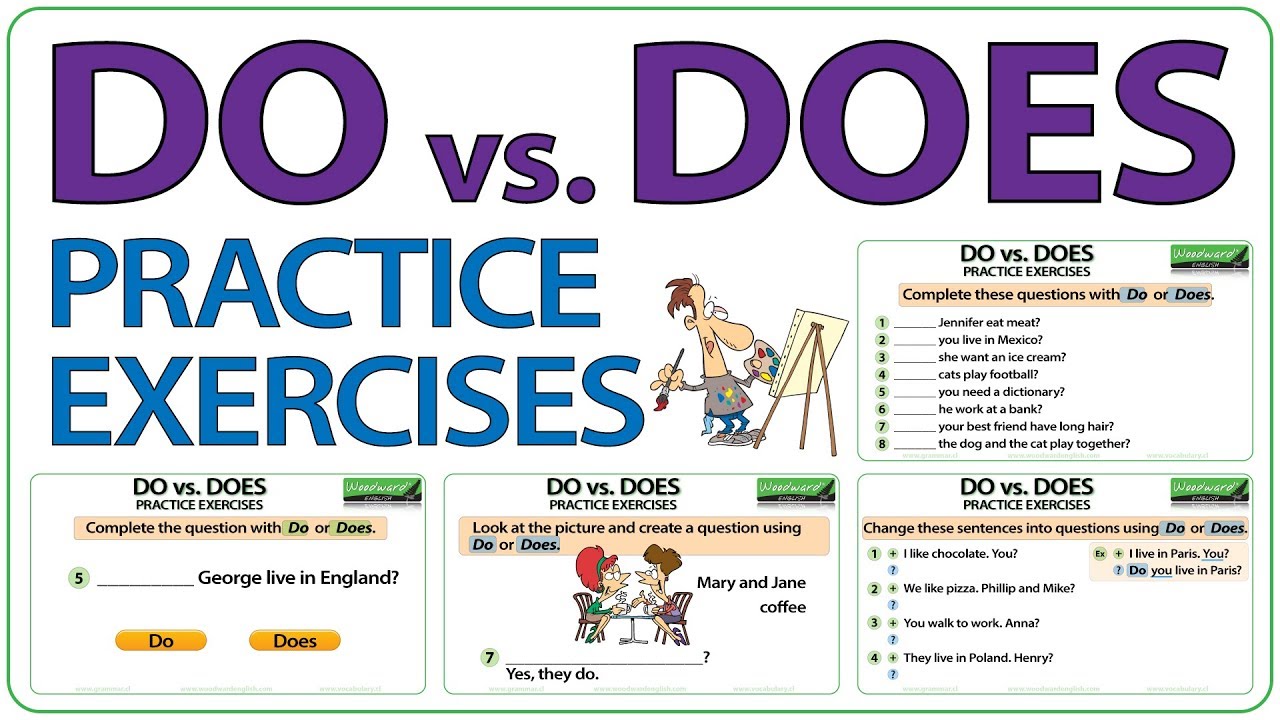Essential Real Estate Terms Explained: From Self-Dealing to COE, PSA, and More
Understanding Key Real Estate Concepts for a Successful Transaction
The real estate industry is filled with specialized terms and acronyms that can seem daunting to buyers, sellers, and investors. This comprehensive guide breaks down essential concepts such as self-dealing , seisin , COE , PA , SNDA , PSA , and RTI . Each section provides detailed explanations, real-world examples, and step-by-step guidance to help you navigate real estate transactions ethically, legally, and efficiently.
Self-Dealing in Real Estate: What It Means and How to Avoid It
Self-dealing in real estate refers to unethical or illegal actions where trusted professionals-such as agents, brokers, or property managers-use their position for personal gain at the expense of their clients. Common forms include secretly purchasing properties for themselves, steering clients toward deals that benefit the professional, or withholding information about lucrative opportunities. This practice violates fiduciary duty and can result in severe legal, financial, and reputational consequences for those involved. [1]
For example, an agent might discover an undervalued property, buy it for themselves, and later resell it for a profit, never informing their client of the opportunity. Such actions breach trust and transparency, which are critical in real estate. Self-dealing is strictly prohibited by industry standards and can lead to lawsuits, loss of license, and damaged professional reputation. [3]

Source: neatdollar.com
How to Avoid Self-Dealing
- Work with licensed professionals who have a proven track record and positive client reviews.
- Request full disclosure of any relationships or interests your agent may have in properties.
- If you suspect self-dealing, contact your state real estate regulatory authority for investigation and guidance.
Seisin: The Legal Right to Possession in Real Estate
Seisin is a historical legal term meaning the right to possess property. In modern real estate, seisin refers to the legal ownership and the right to transfer title to another party. The concept is rooted in English common law, where having seisin meant having lawful possession and the ability to convey property rights. Today, ensuring clear seisin remains essential for verifying a seller’s ability to transfer ownership during a transaction.
Before buying a property, engage a title company or real estate attorney to verify that the seller possesses seisin and can legally transfer the title. This step protects buyers from future disputes over ownership and helps ensure the transaction is valid.
Implementation Steps
- Request a title search from a licensed title company.
- Consult with a real estate attorney for clarification on ownership rights.
- Ensure all documents are reviewed and verified before closing.
COE (Close of Escrow): The Transaction Milestone
COE stands for Close of Escrow, a pivotal event in real estate transactions. At COE, all funds are transferred, documents are signed, and ownership officially changes hands. Buyers receive the keys, and the sale is recorded with the local government. Reaching COE requires completing inspections, securing financing, and fulfilling contract contingencies.
Delays in COE can result from unresolved issues, missing documentation, or funding problems. To avoid setbacks, work closely with your escrow officer, lender, and agent to ensure all steps are completed on schedule. If issues arise, address them promptly to keep the transaction moving.
COE Success Tips
- Stay in regular contact with your escrow provider.
- Double-check all required documents and payments before the scheduled COE date.
- Address any outstanding repairs or contingencies in advance.
PA in Real Estate: Multiple Meanings and Applications
The acronym PA in real estate can refer to several things:
- Purchase Agreement : A legally binding contract between buyer and seller detailing terms of the sale.
- Power of Attorney : A legal document authorizing someone to act on another’s behalf in real estate transactions.
- Professional Association : A designation for licensed agents or brokers in some states.
To determine which PA applies to your situation, review the context within contracts or communication. If unclear, ask your agent or legal advisor for clarification. For legal documents, always have a real estate attorney review their validity and appropriateness.
Action Steps
- Request definitions of acronyms in any contract or correspondence.
- Consult with your agent or attorney before signing any PA-related document.
SNDA: Subordination, Non-Disturbance, and Attornment Agreement
SNDA stands for Subordination, Non-Disturbance, and Attornment Agreement. This contract is common in commercial leasing, protecting tenants’ rights when landlords refinance or sell the property. An SNDA ensures that, if the property changes hands or is foreclosed, the tenant’s lease remains intact and they can continue occupying the space under existing terms.
Tenants negotiating commercial leases should request an SNDA for added protection. Landlords and lenders often provide SNDA templates, but legal review is crucial to ensure your interests are covered.
Practical Guidance
- Ask the landlord for an SNDA before signing a commercial lease.
- Have your attorney review SNDA language for comprehensive protection.
PSA: Purchase and Sale Agreement Explained
PSA refers to the Purchase and Sale Agreement, the fundamental contract outlining the terms, conditions, contingencies, and responsibilities of both buyer and seller in a real estate transaction. The PSA covers price, closing date, inspections, financing, and any special provisions. A well-drafted PSA is essential for a successful and enforceable transaction.
Before signing a PSA, review each clause with your real estate agent or attorney. Amendments or addendums may be added to address unique circumstances or resolve disputes.
Steps to Secure a Strong PSA
- Request a standard PSA template from your agent or legal advisor.
- Review all contingencies, timelines, and responsibilities outlined in the agreement.
- Negotiate terms to reflect your needs and situation.
RTI in Real Estate: Potential Meanings
RTI is not a universally defined acronym in U.S. real estate. In other contexts, RTI may stand for “Ready To Issue” (permits), “Real Time Information,” or “Rent To Income” ratio. If you encounter RTI in a real estate transaction, request clarification from your agent, lender, or attorney to ensure you understand its relevance and implications.
For permit-related matters, contact your local building department and ask about the status of RTI permits. If discussing financing, clarify whether RTI refers to income calculations or another metric.
Accessing Real Estate Services and Guidance
To access professional real estate services and ensure ethical practices:
- Contact your state’s real estate commission for agent licensing and complaint procedures.
- Search for legal counsel via your local bar association for contract reviews and dispute resolution.
- Request referrals from trusted sources for agents and brokers with proven ethical standards.
For documentation and regulatory questions, visit the official website of your state’s Department of Real Estate or the U.S. Department of Housing and Urban Development. Always verify the credentials of professionals before entering agreements.
Summary and Key Takeaways
Understanding these core real estate terms empowers buyers, sellers, and investors to navigate transactions safely and confidently. Avoid self-dealing by working with transparent professionals, verify seisin to ensure legal ownership, and use properly drafted COE, PA, SNDA, and PSA documents to protect your interests. When encountering unfamiliar acronyms like RTI, always request clarification and seek guidance from industry experts.

Source: kimberrealestategroup.com
References
- [1] List With Elizabeth (2023). Self-dealing in real estate: Definition and implications.
- [2] CountyOffice.org (2025). What is self dealing in real estate?
- [3] Cornell Law School (2023). Definition of self-dealing.
- [4] IRS (2024). Self-dealing by private foundations: Sales or exchanges of property.
- [5] IRS (2025). Private foundations – Self-dealing IRC 4941(d)(1)(a).
MORE FROM couponito.com













